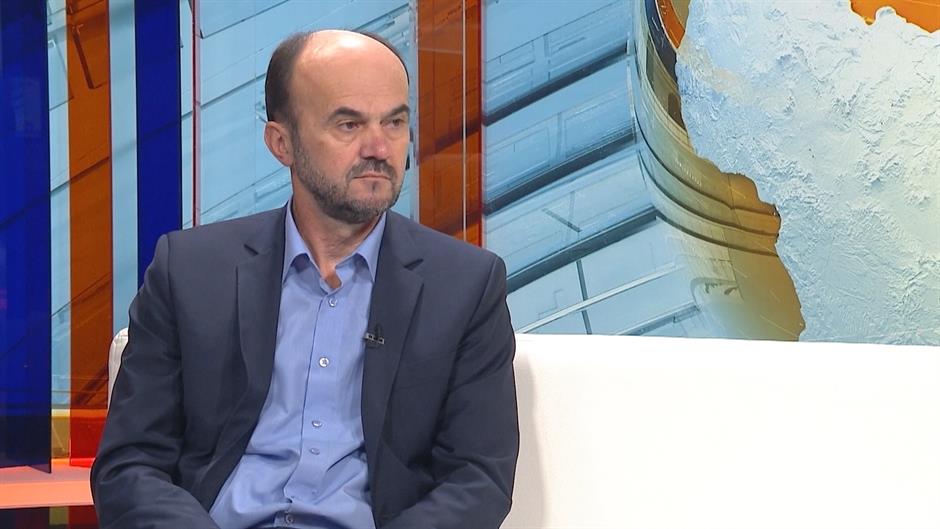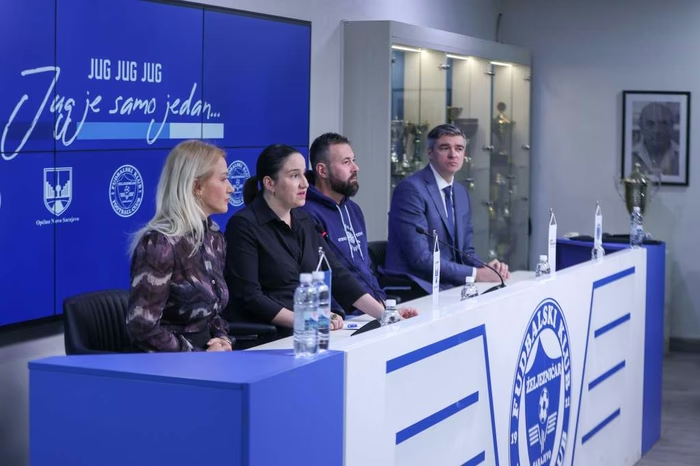"Public institutions have the right to access personal data"

Public institutions must have access to personal data, Director of Personal Data Protection Agency Petar Kovacevic told N1, following a great public interest amid Tax Administration's calls to freelancers to pay income tax.
Oglas
Last month, the Federation of Bosnia and Herzegovina (FBiH) entity Tax Administration called on a number of freelancers whose annual incomes exceed BAM 10,000 (around EUR 5,000) to pay income tax for the years of 2016 and 2017.
Following the call, freelancers contacted numerous media in the country, claiming that the FBiH Tax Administration had exceeded their competences by retroactively charging taxes for 2016 and 2017 and that the Personal Data Protection Agency had broken the Law on Personal Data Protection by providing their personal data to the FBiH Tax Administration.
The FBiH Tax Administration responded saying that according to the laws and regulations regulating their work and taxation of incomes and gifts, they have the right to investigate whether a natural or legal person had paid their taxes or made any irregularities in the last five years, therefore their request for the payment of taxes for 2016 and 2017 was not retroactive, but a completely legal request.
Oglas
Now the Personal Data Protection Agency Director said that protection of personal data does not mean the data are not processed. On the contrary. He claims that the need to process personal data grows by the day. This entails having quality laws, clear regulations and clear procedures, as well as responsible processing of these data.
"We see nothing problematic in this case. One needs to analyse the relevant laws regulating this issue. We have the Law on Tax Administration, the Law on Income Taxes and Tax on Gifts. A public institution must have the right to access the data it needs to carry out tasks within its competence. This is in accordance with our law, the Law on Protection of Personal Data,” Kovacevic pointed out.
He stressed that they have received two complaints which they will examine to see whether the treatment of personal data was legal.
"We received two complaints and we will fully investigate whether the personal data was treated legally or not. We have the Law on Money Laundering which imposes a proactive approach to banks and other institutions to provide data to the Financial Intelligence Department of the State Investigation and Protection Agency (SIPA)," he added.
Oglas
Kovacevic reiterated, once again, that the Agency sees nothing illegal in the provision of the legitimate data to state institutions such as the FBiH Tax Administration.
Kakvo je tvoje mišljenje o ovome?
Učestvuj u diskusiji ili pročitaj komentare
Oglas
Kakvo je tvoje mišljenje o ovome?
Učestvuj u diskusiji ili pročitaj komentare
Oglas





 Srbija
Srbija
 Hrvatska
Hrvatska
 Slovenija
Slovenija



























































